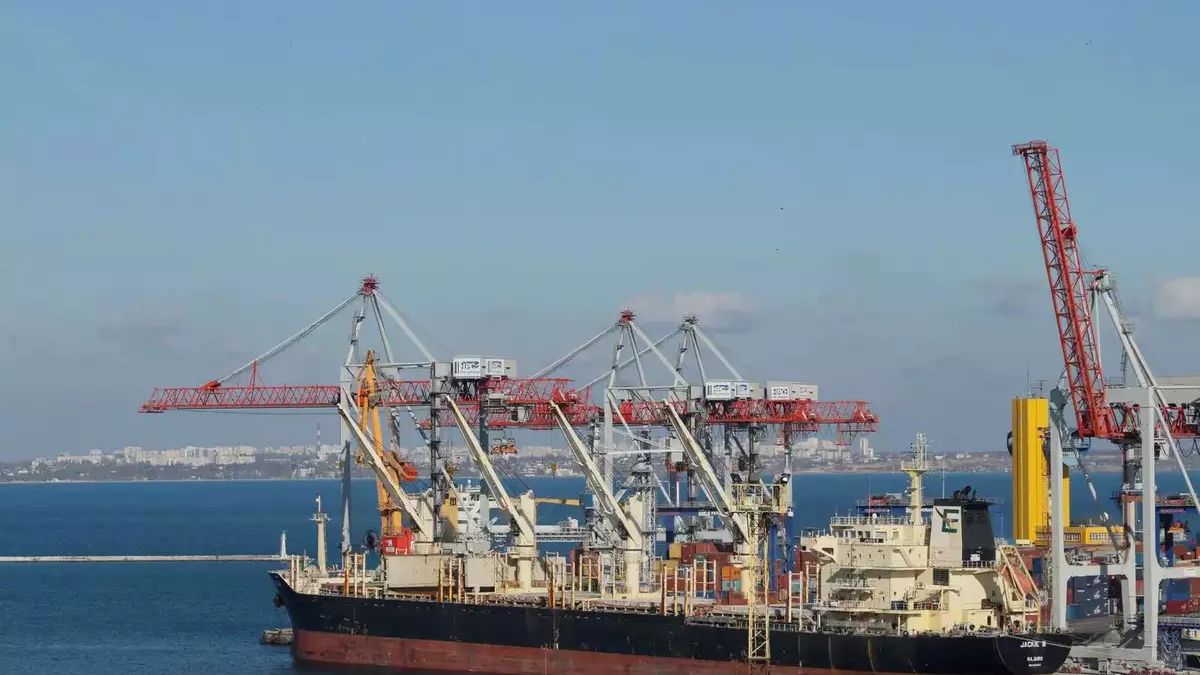Kolkata Port has embarked on a berth mechanization project aimed at enhancing operational efficiency and handling capacity. The move is part of the port’s ongoing modernization efforts to meet the growing demands of global maritime trade and improve its competitive edge in the region.
The mechanization process involves upgrading the port’s infrastructure with state-of-the-art equipment, including modern cranes and automated cargo handling systems. These advancements are expected to significantly reduce turnaround times for vessels, enabling the port to handle larger volumes of cargo more efficiently. The first phase of the project will focus on key berths at the Netaji Subhas Dock (NSD) and Kidderpore Dock (KPD), both critical to the port’s container and bulk cargo operations.
Port officials have stated that the mechanization initiative will improve operational speed, enhance safety, and reduce labour-intensive processes. By adopting cutting-edge technology, Kolkata Port aims to streamline cargo handling, reduce human error, and increase the overall productivity of its operations. This is particularly important as the port faces increasing competition from other regional ports, including those in neighbouring Bangladesh and Sri Lanka.
The mechanization project is being executed in collaboration with private sector partners under the public-private partnership (PPP) model. This approach allows for greater investment in the port’s infrastructure while ensuring that the project is completed within a defined timeframe. The investment in mechanization is also expected to attract more shipping lines to Kolkata, boosting the port’s role as a key player in India’s maritime trade.
As Kolkata Port continues to modernize, the berth mechanization process is poised to position it as a more efficient and reliable port capable of handling the demands of the global shipping industry. This project will contribute to India’s broader goal of enhancing its maritime infrastructure and increasing its share of global trade.

